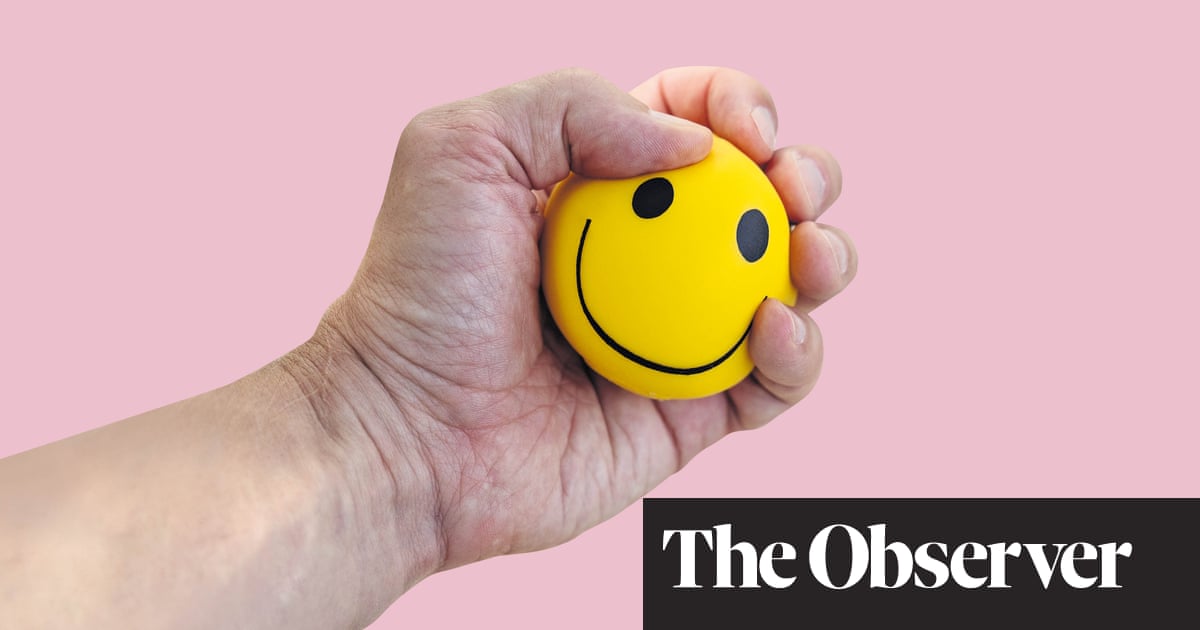
This article is not like any I have written before. At the time of writing, I have been in self-quarantine for 55 days. In those days, I have experienced a swirling mass of emotions. I sometimes wake up energized, log on to Zoom and work, and then spend the afternoon with my three-year-old son. Other days I am overwhelmed, stressed and, to my dismay, unable to understand my feelings.
During my time in quarantine, I have emulated the Energizer Bunny and crossed off every pending errand on my list. I have decluttered my home, polished the silver, reorganized the frames, planted tomatoes and watched the basil grow. I have organized my books according to themes, baked banana bread four times, and finally clicked the “update” option on my laptop, which I had been deferring for months.
By day 20, I was done with my list. I began fidgeting around my home, looking for “things” to do to continue my quest to be productive. I urged myself to rush through my novel, since I did not have any evening plans. When my to-do list started dwindling, I was engulfed by enormous feelings of failure and emptiness.
I fell into the trap that pressured us all to be productive and positive. I even suggested a few things to my friends. I was not alone though. Hundreds of articles and online posts have been published in the past few months, encouraging us to utilize our time at home and remain active. One piece, which was published in a UAE newspaper, suggested 101 things you can do at home. The list included learning a new language, taking a virtual tour of a museum, improving your memory, and writing in a journal, among so many others.
The issue with nudging us to be continuously productive and positive is that it is actually making us more anxious. If we are caught not doing anything, we are haunted by a whispering voice in our head telling us that we are wasting our time being idle.
What makes matters worse is that, thanks to the increased time we spend following social media accounts, we are exposed to videos of other people sharing their lockdown achievements. For mothers, it is especially stressful to see other moms doing so many creative, colorful arts and crafts activities both indoors and outdoors, while you try your very best to entertain your child indoors with crayons and Play-Doh.
In the article mentioned above, the author urges: “It is important to fill your days with as many different activities as possible, rather than just going from work to your favorite show.” I am here to proudly declare that, no, it is not important to fill your days with as many activities as you possibly can. If watching your favorite show on Netflix helps you relax, then binge-watch on Netflix. If your kid has been watching Paw Patrol (parents will surely relate) for more than an hour, then park your guilt because, no, that will not damage his overall development.
The issue with nudging us to be continuously productive and positive is that it is actually making us more anxious.
Asma I. Abdulmalik
This problem stems from the way capitalism has instilled in us the idea that we should always be productive. Our value is reaped from our capacity to achieve and our role in keeping the system thriving. It not only boils down to our work, but even rhetoric like “learn a new language” and “pick up a new skill,” which emphasize that we should be always doing something and progressing. We have vilified the notion of idleness to the point where we actually feel guilty if we are not doing anything. Our self-worth has, for so long, been attached to our contribution to overall growth and accumulation. It is thus no surprise that we are desperately trying to strive for brilliance in these incredible times.
Therefore, while we are currently rethinking and redesigning our systems, operations, expenditures and priorities, we ought to also re-evaluate the capitalist mode of work that has, for decades, considered individuals as numbers. Instead, it is time to reassess the role of the human and put him back in the center. Our policies and systems need to stop being designed around the needs and priorities of how we can grow economically and instead around how we can allow the human to grow: How we can expand on his aspirations, accommodate his needs, continue his learning, and create better and healthier societies.
Take care of yourself and your mental health first. If you have found yourself in need of a good cry, please do so. These are incredibly difficult times and the only “thing” we really have to do right now is make it through it. Everything else can wait.
Asma I. Abdulmalik is an Emirati civil servant and a writer interested in gender and development issues. Twitter: @Asmaimalik
Disclaimer: Views expressed by writers in this section are their own and do not necessarily reflect Arab News" point-of-view












